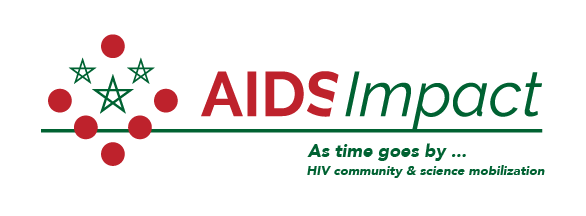General information
General information
On this page, you will find general information that is good to know prior to visiting Morroco and the conference.
Official Language
The official language of the conference is English. There will be a French translation for plenary and for one track
There will be a French language cluster of sessions where authors can submit abstracts in French and present in French (no English translation)
Time zone
Morocco uses Central European Time (CET) (UTC+01:00) all year round
Weather
During May and June, Casablanca enjoys mild to warm weather with temperatures typically ranging from comfortable to pleasantly warm. Rainfall is minimal during this period, which creates ideal conditions for outdoor activities and sightseeing.
This favorable weather allows visitors to explore the city’s attractions, enjoy outdoor dining, and experience Casablanca’s vibrant culture without concerns about inclement weather.
Local Currency
Moroccan dirham is a closed currency, which means you can’t get hold of it outside the country. You can exchange your pounds/Euros/Dollars for dirhams in banks, hotels and Bureaus de Change in an airport or port – and turn any leftover money back at the end of your trip. If you have any leftover dirham from a previous trip, you can take up 2,000 dirham into Morocco with you. There’s no limit to the amount of foreign cash you bring into the country. To check the exchange rates, please visit www.oanda.com
Smoking policy
Morocco has a non-smoking policy inside public buildings, public transport, taxis, buses and trains. Coffee shops, bars and restaurants have smoking areas. The conference has a non smoking policy and there is no smoking in the conference building.
Electricity
In Morocco, power plugs and sockets (outlets) of type C and type E are used. The standard voltage is 220 V at a frequency of 50 Hz.
Force Majeure
The conference organizers are not liable for any claims for damages and/or losses if the entire conference has to be cancelled due to a force majeure incident.
Local Customs
Visitors are encouraged to embrace Moroccan customs and traditions, including attire that respects cultural norms.
The Moroccan people are known for their open-mindedness, generosity, and warm hospitality, making visitors feel welcome and valued. Hospitality is deeply ingrained in Moroccan culture, where guests are treated with kindness and respect. This spirit of hospitality extends to sharing meals, offering tea, and welcoming strangers as friends.
Regarding alcohol consumption, Moroccans generally adhere to a moderate approach towards alcohol, and it is commonly consumed in private settings, hotels, restaurants, and licensed bars that cater to both locals and tourists. However, consuming alcohol openly in public places, outside designated areas is discouraged out of consideration for local customs and beliefs.
Drug Laws in Morocco, Morocco has strict laws regarding drug possession, trafficking, and use. The possession, purchase, or trafficking of illegal drugs is punishable by law, with penalties that include heavy fines, imprisonment, and deportation for foreign nationals. Moroccan authorities enforce these laws rigorously, and individuals found in violation of drug laws can face severe consequences.
Disclaimer
The information contained in this website is for general information purposes only. The information is provided by AIDSimpact and whilst we endeavour to keep the information up-to-date and correct, we make no representations or warranties of any kind, express or implied, about the completeness, accuracy, reliability, suitability or availability with respect to the website or the information, products, services, or related graphics contained on the website for any purpose. Any reliance you place on such information is therefore strictly at your own risk.In no event will we be liable for any loss or damage including without limitation, indirect or consequential loss or damage, or any loss or damage whatsoever arising from loss of data or profits arising out of or in connection with the use of this website.Through this website you are able to link to other websites which are not under the control of AIDSimpact . We have no control over the nature, content and availability of those sites. The inclusion of any links does not necessarily imply a recommendation or endorse the views expressed within them.Every effort is made to keep the website up and running smoothly. However, AIDSimpact takes no responsibility for and will not be liable for the website being temporarily unavailable due to technical issues beyond our control.
Insurance and Vaccinations
The registration fee does not cover insurance for the delegates. The conference organizers recommend that delegates take out insurance in their home country to cover pre-journey cancellation for personal reasons and necessary insurance to cover accidents, medical expenses and loss of personal belongings during the visit. No vaccinations are needed when visiting Morocco.
Please consult travel guidance prior to travelling to ensure you have full health coverage.
Stay informed
Follow us online
Contact
Important dates
31 January 2025: Abstract submission deadline
31 January 2025: Early bird registration ends
March 2025: Abstract outcome notifications
2 April 2025: Late breaker deadline
20 May: Regular registration rate ends

